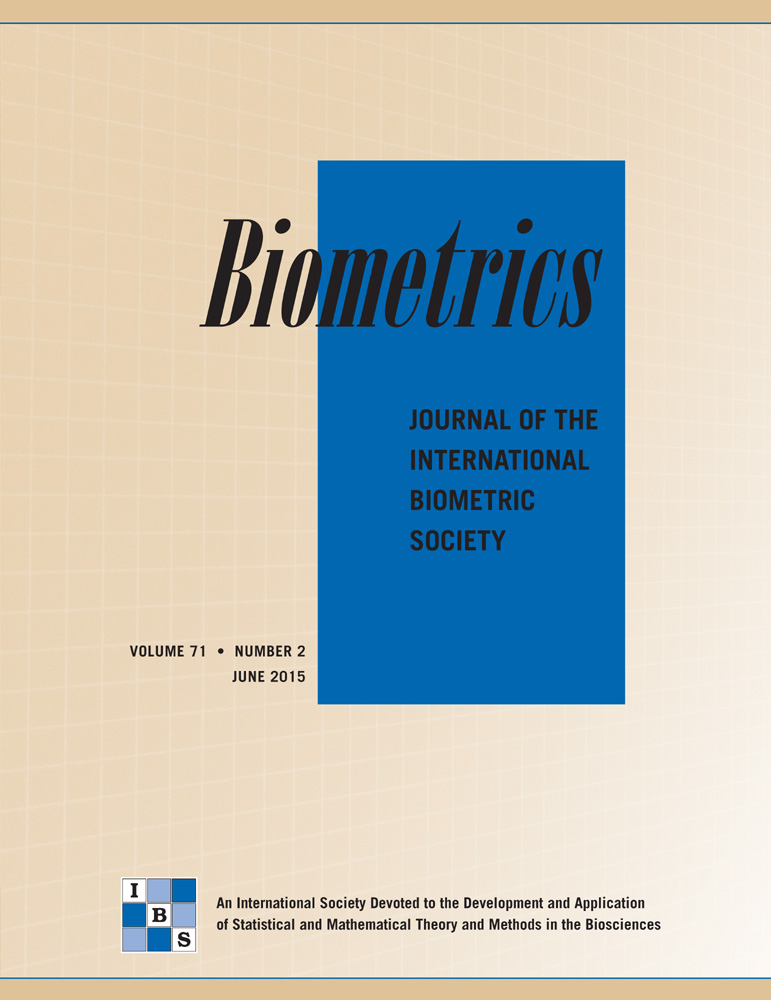Nonparametric inference in hidden Markov models using P-splines
Summary
Hidden Markov models (HMMs) are flexible time series models in which the distribution of the observations depends on unobserved serially correlated states. The state-dependent distributions in HMMs are usually taken from some class of parametrically specified distributions. The choice of this class can be difficult, and an unfortunate choice can have serious consequences for example on state estimates, and more generally on the resulting model complexity and interpretation. We demonstrate these practical issues in a real data application concerned with vertical speeds of a diving beaked whale, where we demonstrate that parametric approaches can easily lead to overly complex state processes, impeding meaningful biological inference. In contrast, for the dive data, HMMs with nonparametrically estimated state-dependent distributions are much more parsimonious in terms of the number of states and easier to interpret, while fitting the data equally well. Our nonparametric estimation approach is based on the idea of representing the densities of the state-dependent distributions as linear combinations of a large number of standardized B-spline basis functions, imposing a penalty term on non-smoothness in order to maintain a good balance between goodness-of-fit and smoothness.




